Page 2
Category: Regulations
-
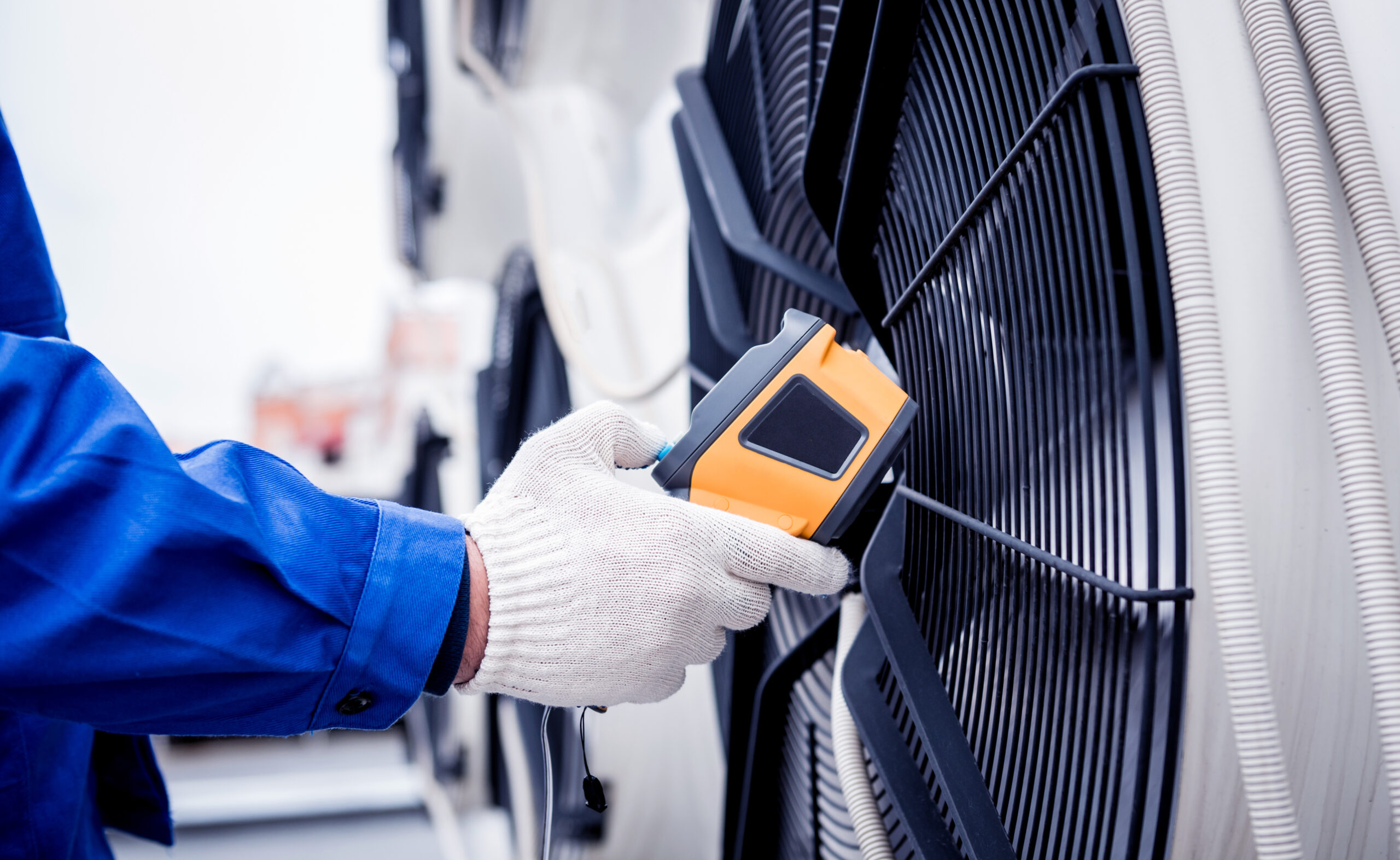
Building commissioning standard open for comment
A new Australian Standard for building commissioning, AS 5342, is open for public comment.
-

Free access to Australian Standards on the agenda
Australian construction leaders have met with Standards Australia at Parliament House in Canberra to address access to Australian Standards.
-

Building confidence in performance prediction
Team Catalyst Director PC Thomas makes the case for an accreditation scheme for professionals working in building performance simulation.
-

Doing the groundwork for prefabricated and modular construction
The ABCB is exploring how prefabrication and modular construction could boost productivity.
-

Way open for RAC trade licensing in Tasmania
Tasmania is making strides towards introducing occupational licensing for HVAC&R technicians.
-
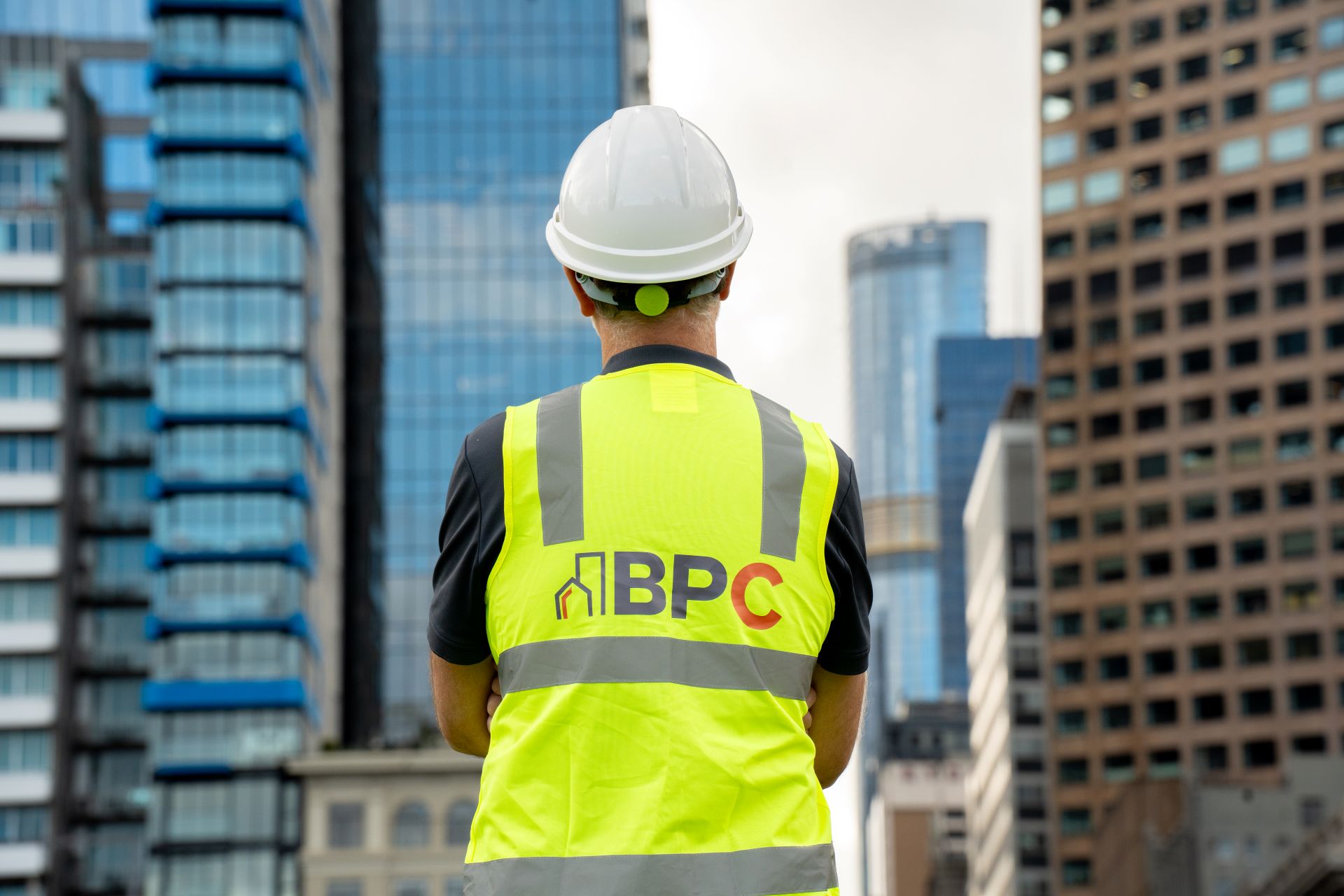
All systems go for Building and Plumbing Commission
Victoria’s new Building and Plumbing Commission has begun operations, with the goal of strengthening building regulation in Victoria.
-
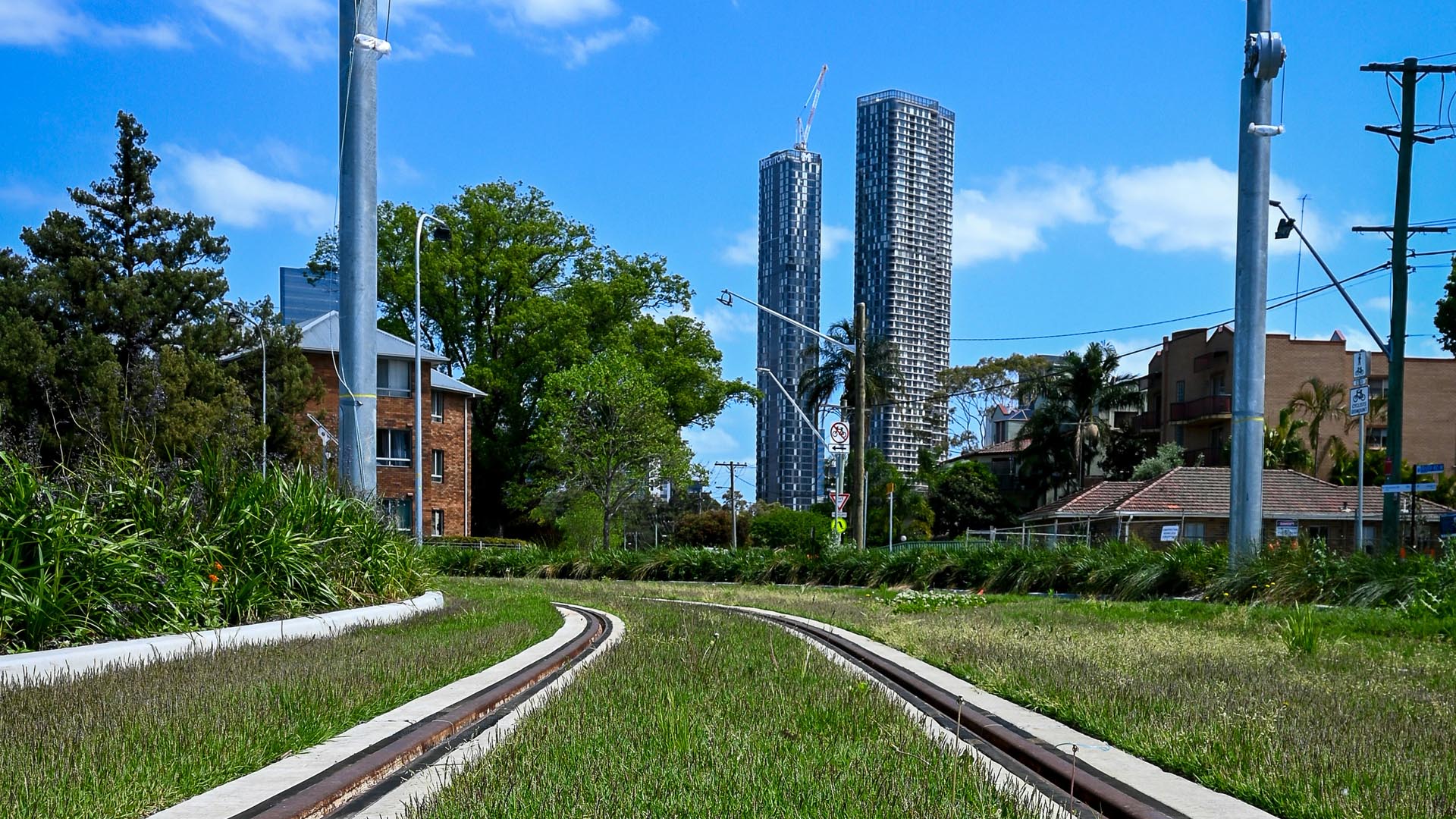
NSW seeks input on path to net zero
The NSW Net Zero Commission is seeking public comment to help shape the climate change and adaptation advice it gives to the NSW government.
-
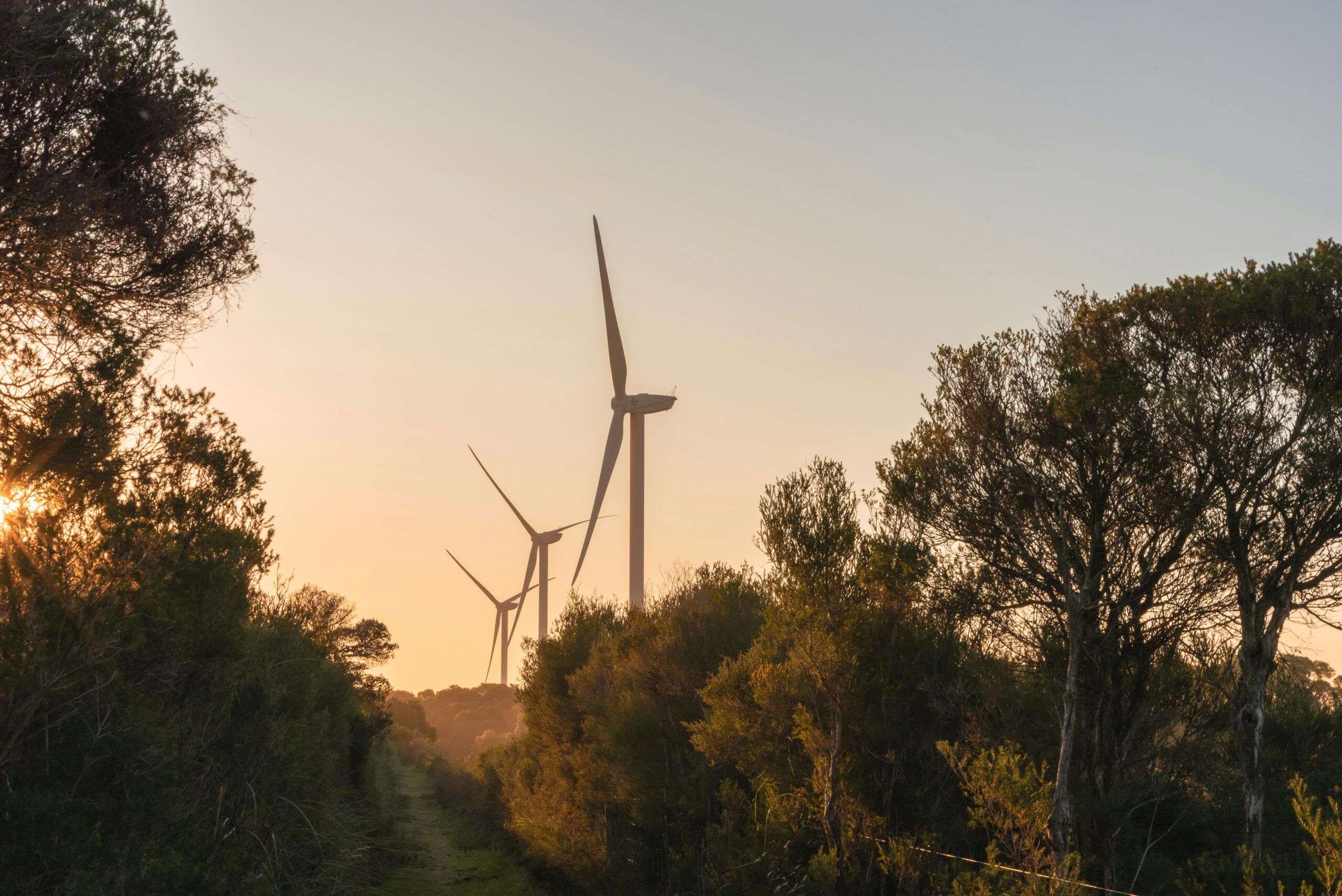
Victoria sets course for all-electric future
As part of its gas substitution roadmap, the Victorian government has announced new building electrification regulations, new minimum energy efficiency standards for rental homes, and funding for manufacturing of heat pumps.
-
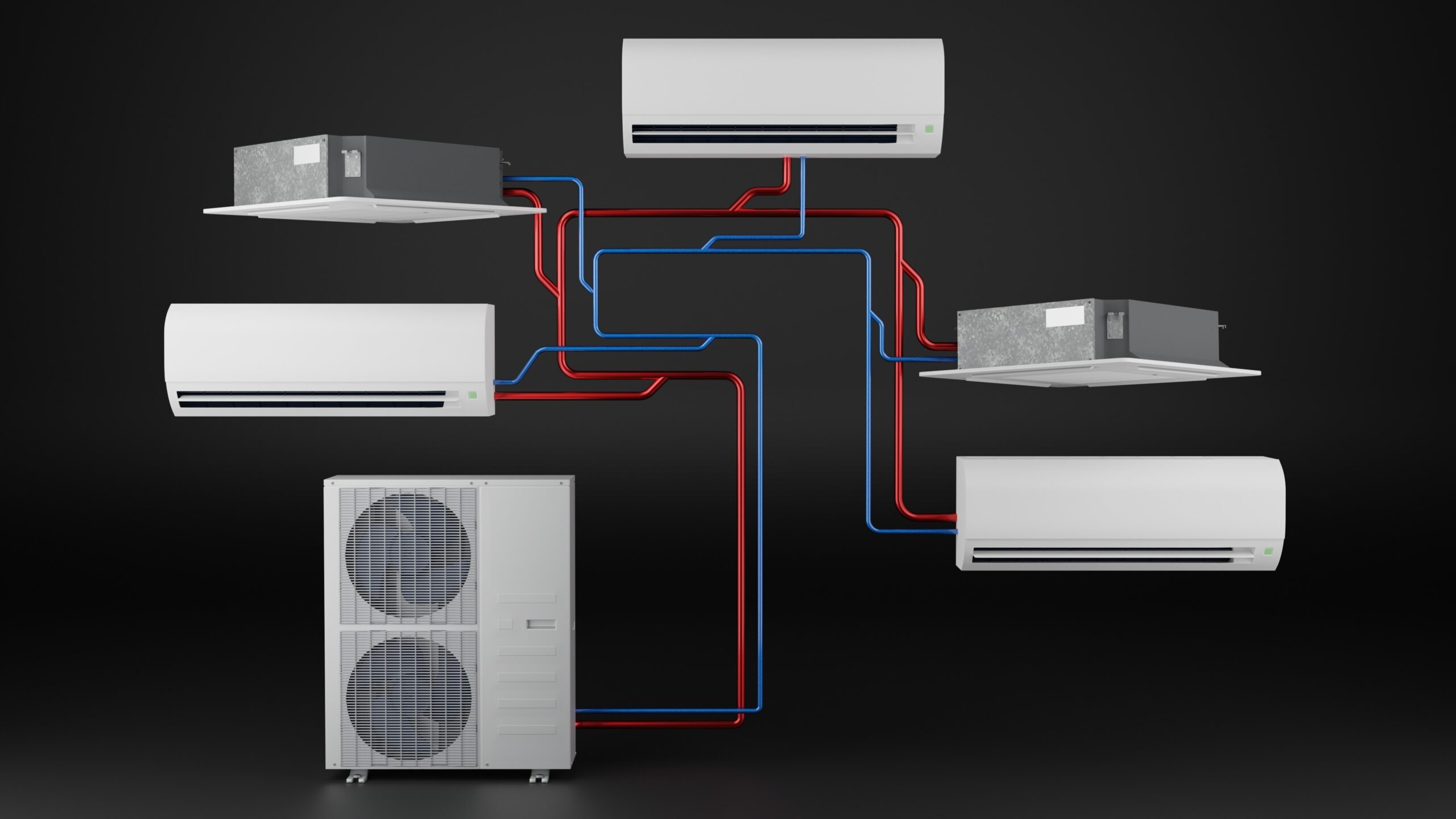
New restrictions for multi-head splits and VRF systems
From July 1, 2025, Australia is implementing a general ban on the import and manufacture of multi-head split and VRF systems that use refrigerant with a global warming potential (GWP) over 750 and have a refrigerant charge of 2.6kg or less.
-

NatHERS coming soon to existing homes
The Nationwide House Energy Rating Scheme (NatHERS) has released further details of how it will be expanded to existing homes.
-
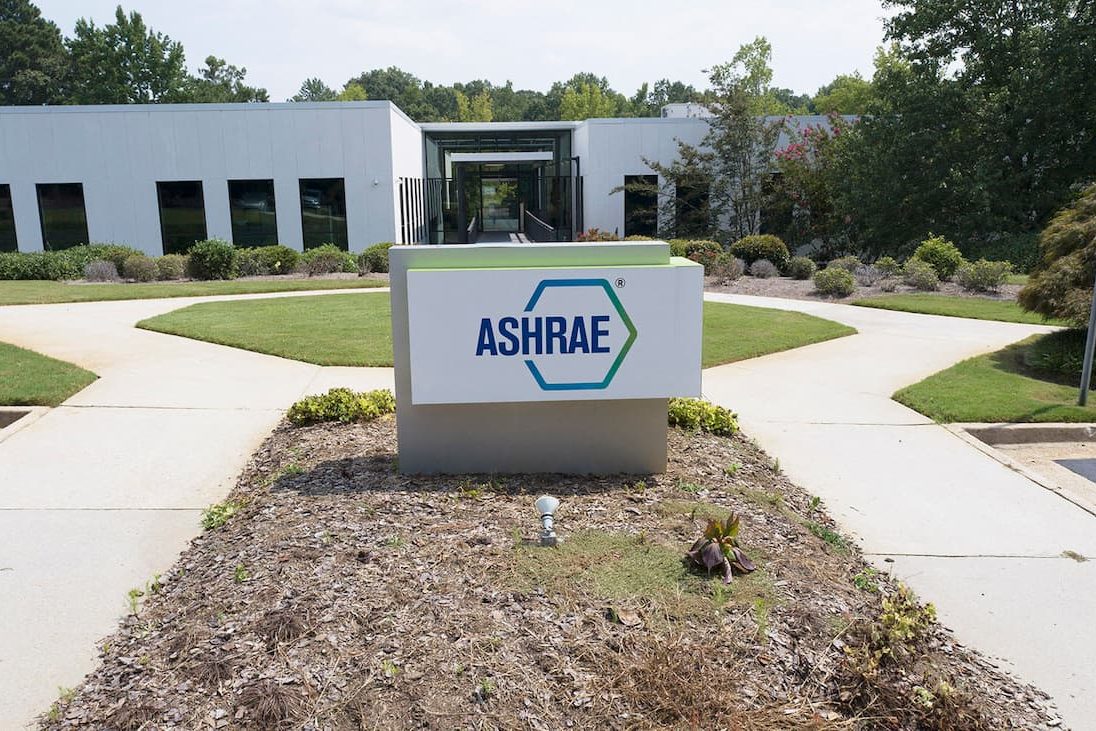
ASHRAE consulting on emissions quantification standard
ASHRAE and the International Code Council have announced a second round of public review on the proposed Standard 240P.
-

Victoria reviewing Professional Engineers Registration Act
The Victorian government is reviewing the Professional Engineers Registration Act 2019 and is giving engineers, industry bodies and other stakeholders the opportunity to provide input.
-

Push for consistency in professional registration
Professional registration schemes have been rolling out across the country, but the regime in New South Wales remains something of an outlier. Calls are now growing to bring it into line with other jurisdictions.
-

Government releases details of HFC import quotas
The Department of Climate Change, Energy, the Environment and Water (DCCEEW) has released information about the allocation of non-grandfathered HFC import quotas for 2026–27.
-

Tackling Australia’s productivity challenges
The Productivity Commission is seeking public comment on five key productivity challenges until June 6.
-

AIRAH approved as accreditation body in WA
The AIRAH Professional Engineer Register (APER) has expanded to Western Australia after the scheme was approved by the Department of Energy, Mines, Industry Regulation and Safety.
-
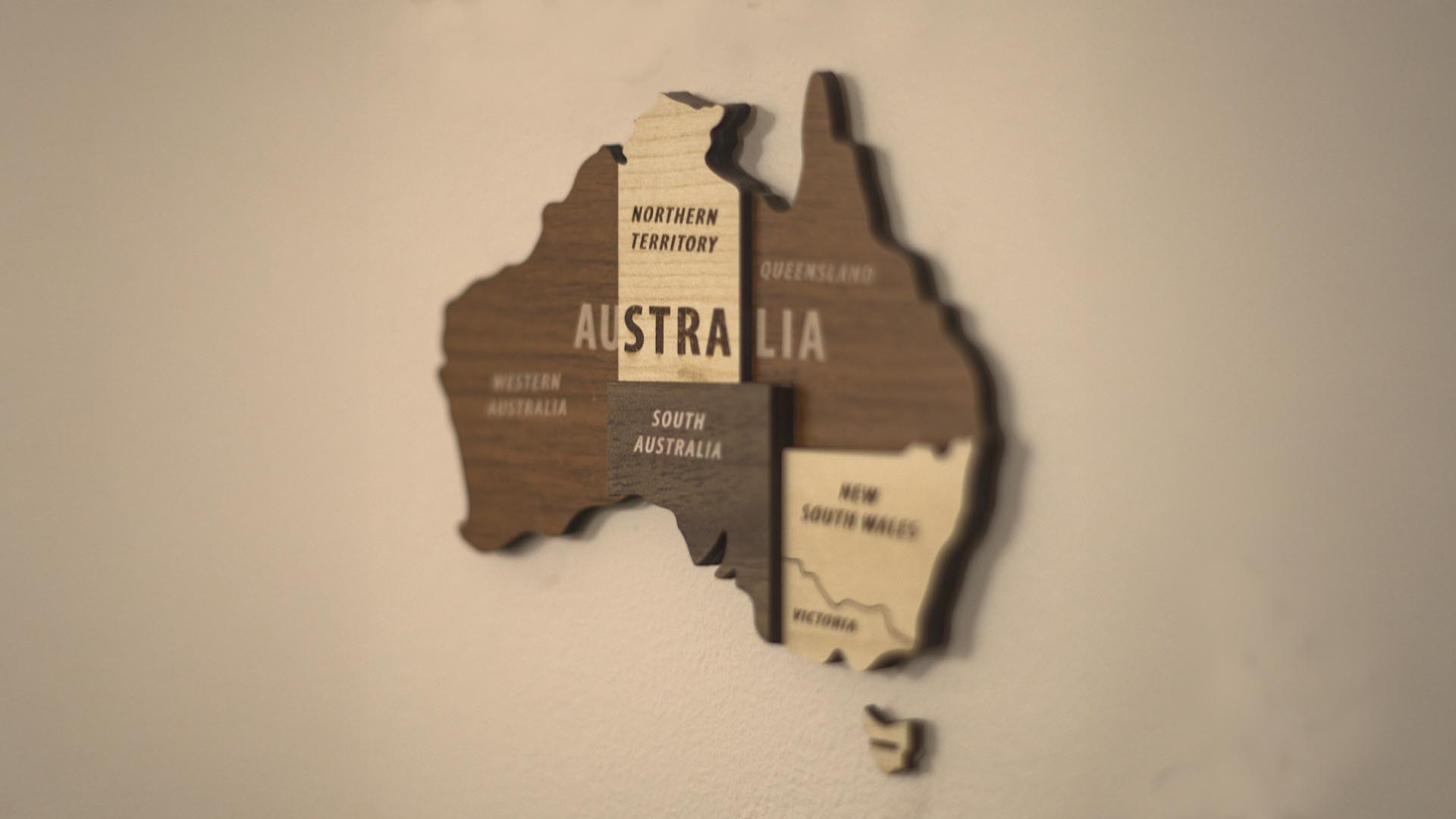
National occupation licensing back on the table
Australia’s Productivity Commission is considering occupational licensing schemes that will improve the mobility of trades across the country, and is seeking feedback from the public.
-
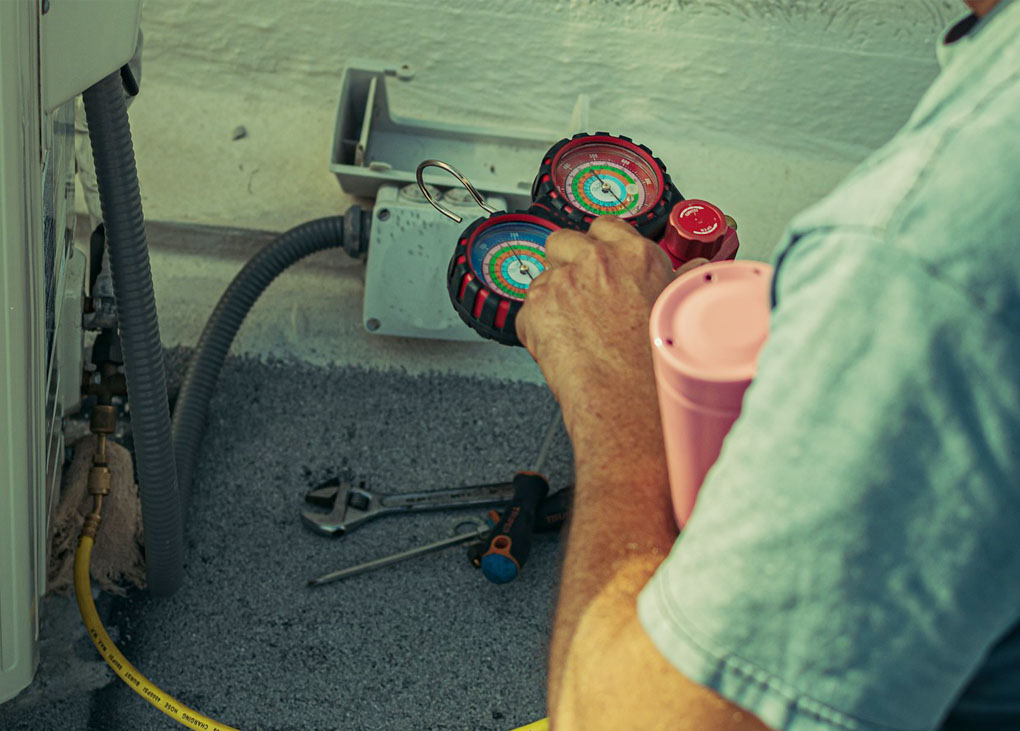
ARC reports surge in online licence checks
The Australian Refrigeration Council (ARC) has reported a significant increase in consumer awareness of its ARCtick licensing scheme.
-
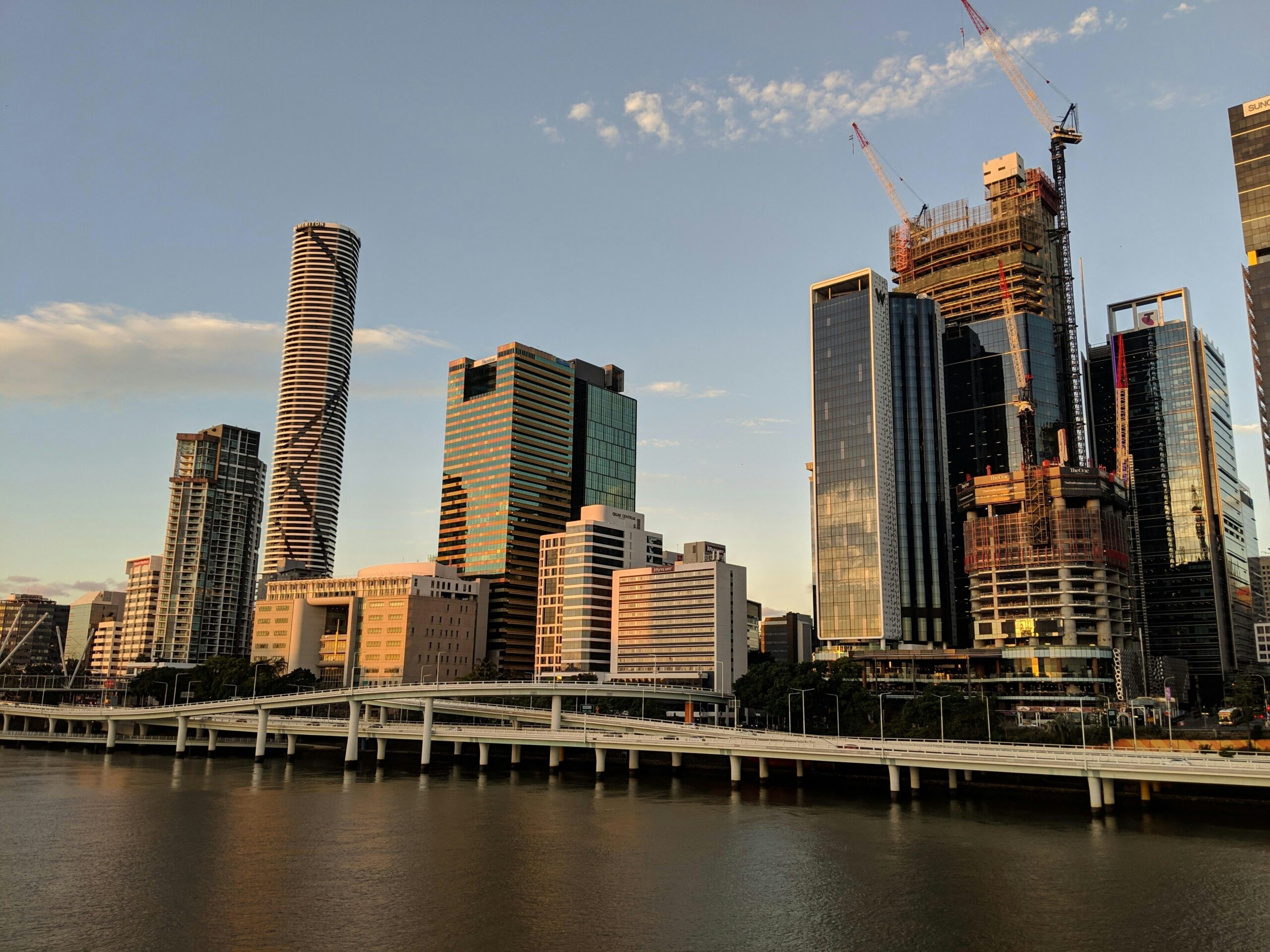
AIRAH assessment scheme receives ministerial approval
The Queensland government has renewed AIRAH’s assessment scheme for professional engineers under the Professional Engineers Act 2002 for five years.
-

Standards on indoor air measurement open for comment
Public comment is open on AS 16000.1 and AS 16000.34, which deal with sampling strategies for indoor air, and measurement methods for airborne particles.